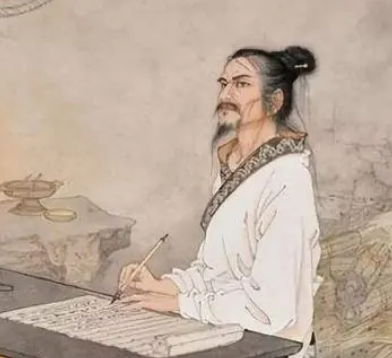The Uyghur people are one of the main ethnic groups in the northwest region of China, boasting a rich historical culture and unique lifestyle traditions. Their ancestors have a long and complex history that encompasses ethnic fusion and migration. This article aims to explore the origin of the Uyghur ancestors and reveal the formation and development of this ethnic group throughout history.

I. Descendants of Ancient Turks
The ancestors of the Uyghurs can be traced back to the ancient Turks, a nomadic tribe in Central Asia during the 6th century, who spoke the Turkic language. Over time, the Turks divided into multiple tribes and groups, and some of them gradually formed the Uyghur people we know today.
II. The Influence of the Mongol Empire
In the 13th century, Genghis Khan united the Mongolian Plateau and established the vast Mongol Empire, which encompassed the Xinjiang region of today. The Uyghur ancestors, mainly the Uighurs and Tatars, were influenced by Mongolian culture. The policies of the Mongol Empire promoted exchanges and integrations among different ethnic groups, providing conditions for the formation of the Uyghur people.
III. The Uighur Khanate and Westward Migration
In the 9th century, the Uighurs established the Uighur Khanate on the Mongolian Plateau. Due to pressure from other nomadic tribes, some Uighurs migrated westward to the Xinjiang region of today. These migrating Uighurs integrated with other local ethnic groups such as the Tatars and the Han Chinese, gradually forming the Uyghur people with unique cultural characteristics.
IV. Cultural Inheritance and Development
The Uyghurs have absorbed various cultural elements throughout history, including Persian, Arabic, and Chinese cultures. These cultural exchanges and integrations have enriched the Uyghur culture. Their language, art, music, and dance all exhibit unique styles, and their traditional festivals and customs reflect the fusion of multiculturalism.
Conclusion:
The origin of the Uyghur ancestors is a complex process spanning multiple historical periods. From the ancient Turks to the westward migration of the Uighur Khanate and the rule of the Mongol Empire, the formation of the Uyghurs is the result of multi-ethnic fusion. Today, the Uyghurs, with their unique culture and traditions, are an indispensable part of the Chinese nation. Understanding the historical roots of the Uyghurs helps us better understand this ethnic group and their role in Chinese civilization.
Disclaimer: The above content is sourced from the internet and the copyright belongs to the original author. If there is any infringement of your original copyright, please inform us and we will delete the relevant content as soon as possible.






























